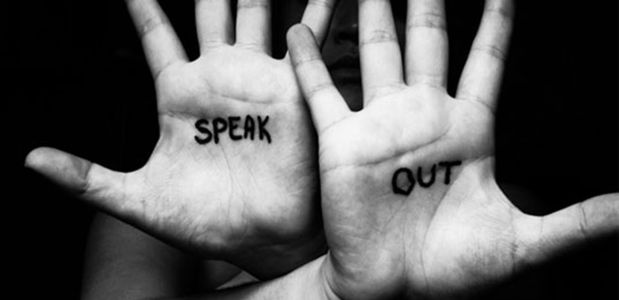
Since the publication of CRAZY, not a week goes by without me getting a letter or email from a distraught parent whose son or daughter has been arrested or is in jail because of a crime that was clearly tied to mental illness. The most common comment that I hear when I am on the road giving speeches about my book is: “You told my story.”
I always feel inadequate when I try to answer requests from other parents seeking help. I’m not a lawyer. I urge people to contact their local National Alliance on Mental Illness chapter or Mental Health America for guidance. I sometimes suggest they contact the Bazelon Center for Mental Health Law. I ask if their local community has Crisis Intervention Trained police officers, a mental health court, or a jail diversion program.
And then I ask them to consider going public. I tell them newspaper and television reporters would be interested if they knew a person was put in jail because of a mental illness. Not everyone feels comfortable being interviewed. It also is never a good idea to expose someone you love to the media if he/she wants to keep their illness secret. Even though my son urged me to write my book, I spent many sleepless nights worrying that our openness about his arrest and illness would harm his future.


 overlooked. Instead, he managed to win his freedom, take control over his symptoms and become a strident consumer advocate. Along the way, he earned a doctorate in psychology, ran a hospital ward and taught as a professor. As a speaker, he is an emotional powerhouse who causes listeners to leap to their feet.
overlooked. Instead, he managed to win his freedom, take control over his symptoms and become a strident consumer advocate. Along the way, he earned a doctorate in psychology, ran a hospital ward and taught as a professor. As a speaker, he is an emotional powerhouse who causes listeners to leap to their feet.
 , who often is called the “Father of Crisis Intervention Training,” had sent me a note. Sam is one of my heroes and has probably saved more lives of police officers, persons with mental illness, and their loved ones, than anyone else in our nation in recent times. He is also a modest and decent guy who is dedicated to helping persons such as my son even though he does not have a family member with a mental illness.
, who often is called the “Father of Crisis Intervention Training,” had sent me a note. Sam is one of my heroes and has probably saved more lives of police officers, persons with mental illness, and their loved ones, than anyone else in our nation in recent times. He is also a modest and decent guy who is dedicated to helping persons such as my son even though he does not have a family member with a mental illness.

